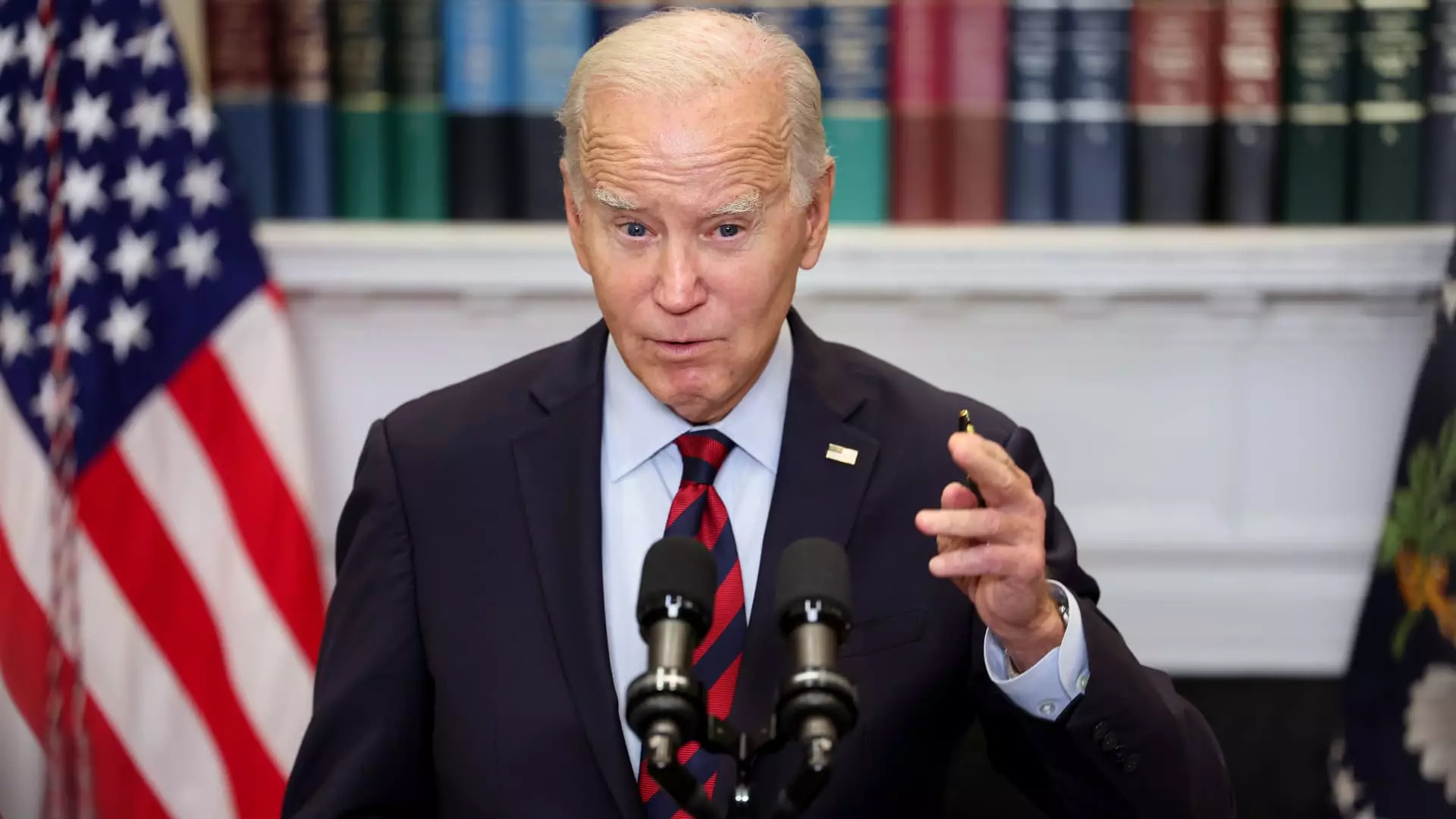In a recent development, a federal appeals court has issued an order temporarily halting the implementation of the Biden administration’s new student loan repayment plan, known as SAVE. This court ruling has put a pause on the entire Saving on a Valuable Education plan, which was hailed as the most affordable student loan plan ever by the administration. The St. Louis-based 8th U.S. Circuit Court of Appeals seems to have blocked the plan due to legal challenges and concerns raised by critics of debt forgiveness.
Implications of the Ruling
The decision to halt the SAVE plan has left many borrowers in limbo, as they were expecting to benefit from its lower monthly payments and quicker debt erasure for those with small balances. The Biden administration has faced criticism for overstepping its authority and trying to find alternative ways to forgive student debt after its initial sweeping plan was blocked by the Supreme Court in June 2023. The legal challenges and subsequent court order have created uncertainty around the future of student loan forgiveness programs and the relief options available to millions of borrowers.
Despite its intentions to provide much-needed relief to borrowers, the SAVE plan has faced scrutiny and legal challenges from various quarters. Critics argue that the terms of the plan are too generous and may not be sustainable in the long run. The Biden administration’s efforts to expedite debt forgiveness and lower monthly payments have been met with resistance, leading to a series of legal battles that have put the entire program at risk. The Education Department’s decision to forgive billions of dollars in student debt through the SAVE Plan has further fueled the debate over the feasibility and fairness of such initiatives.
The court order halting the SAVE plan raises questions about the future of student loan repayment plans and the Biden administration’s commitment to addressing the student debt crisis. With millions of borrowers relying on income-driven repayment plans like SAVE for financial relief, any disruptions or legal setbacks can have far-reaching consequences. It remains to be seen how the administration will respond to this latest ruling and whether it will continue to pursue aggressive measures to alleviate the burden of student debt on millions of Americans.
The legal challenges and temporary halt of the Biden administration’s SAVE plan underscore the complexities and controversies surrounding student loan repayment programs. As policymakers grapple with finding sustainable solutions to the student debt crisis, it is crucial to strike a balance between providing relief to borrowers and ensuring the long-term financial stability of the education system. The future of student loan forgiveness programs remains uncertain, but the need for comprehensive reform and innovative solutions is more pressing than ever.

Leave a Reply